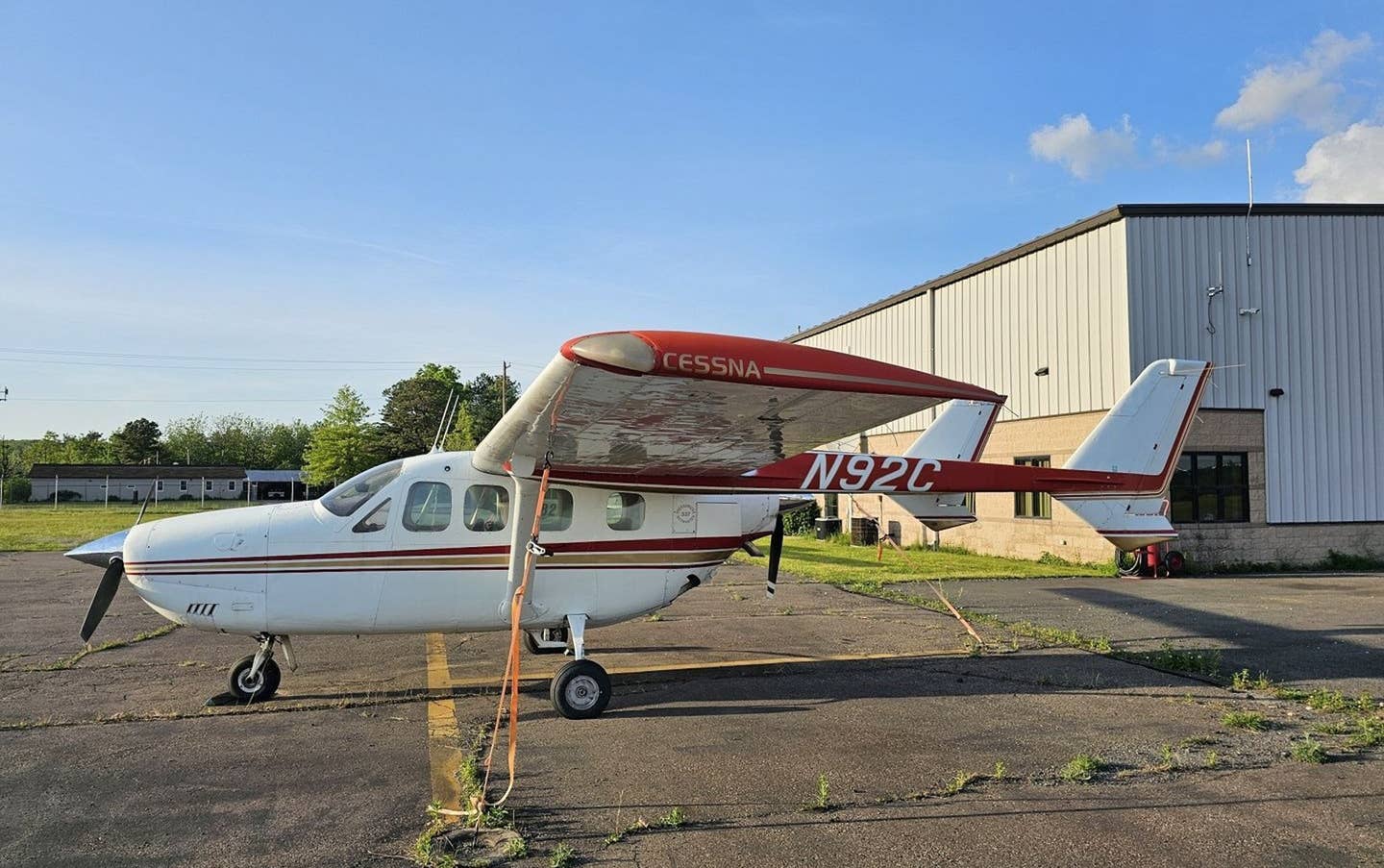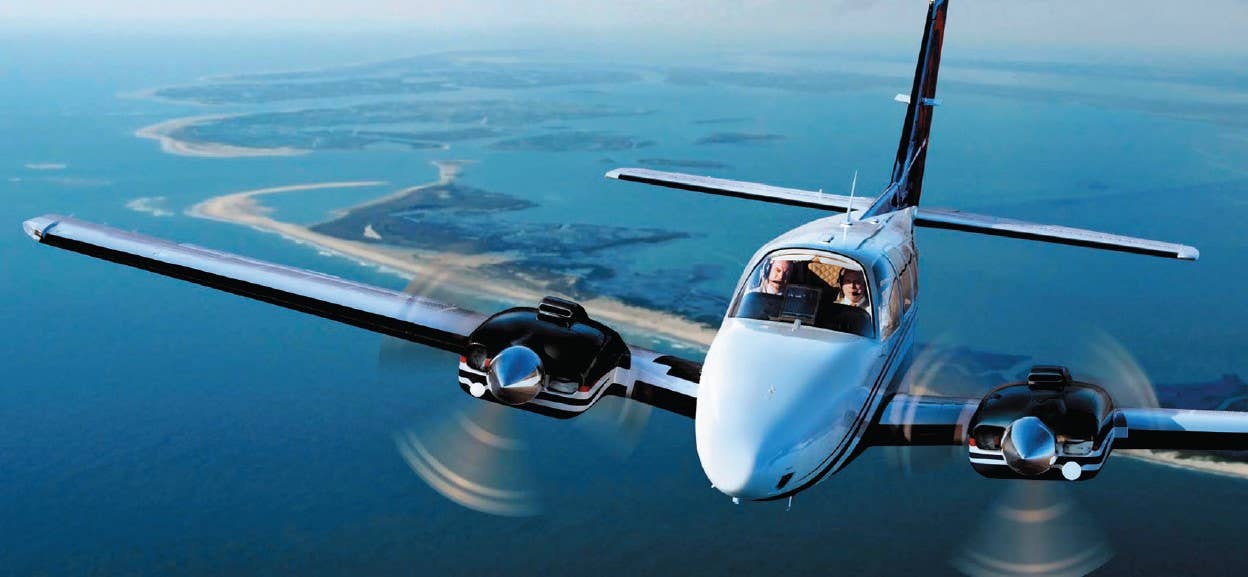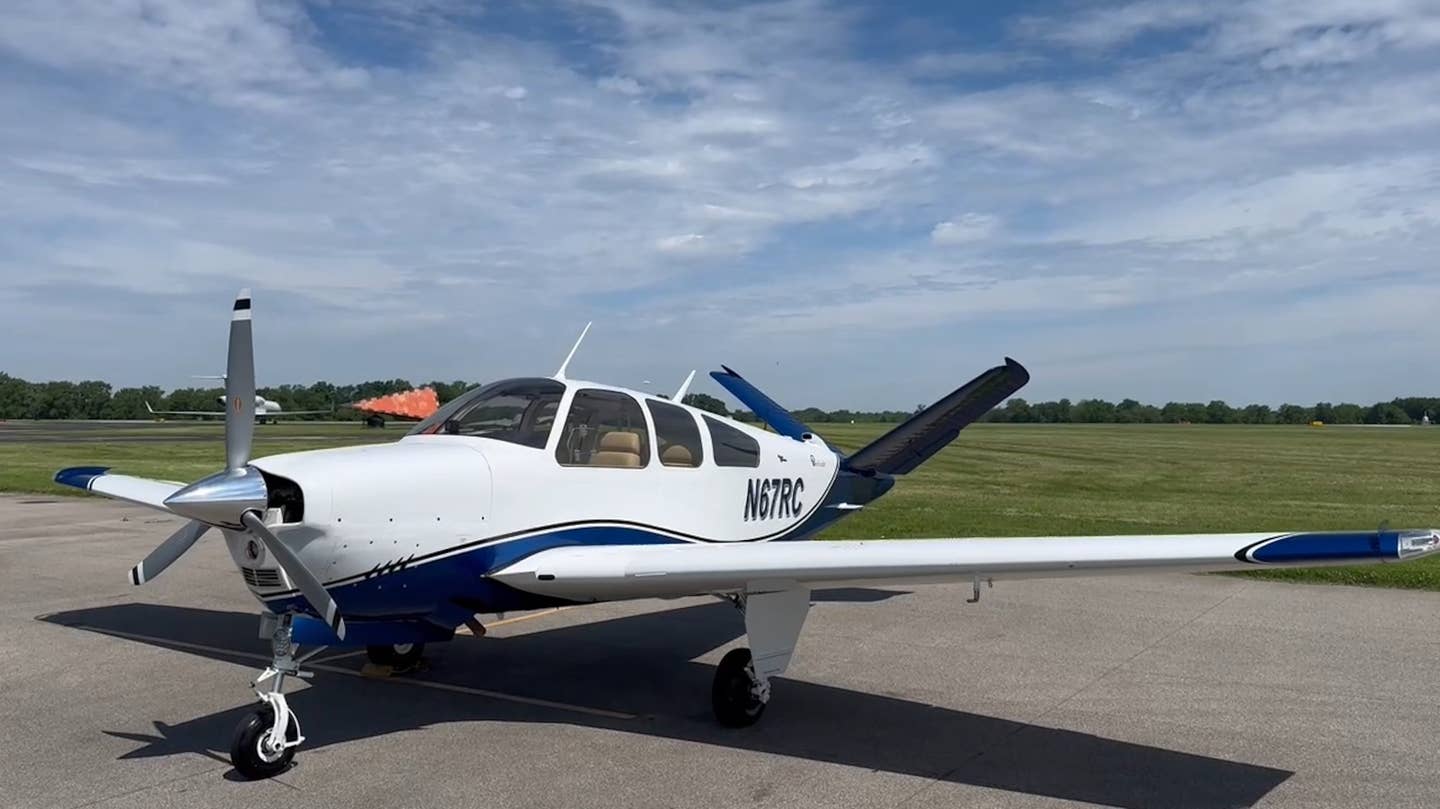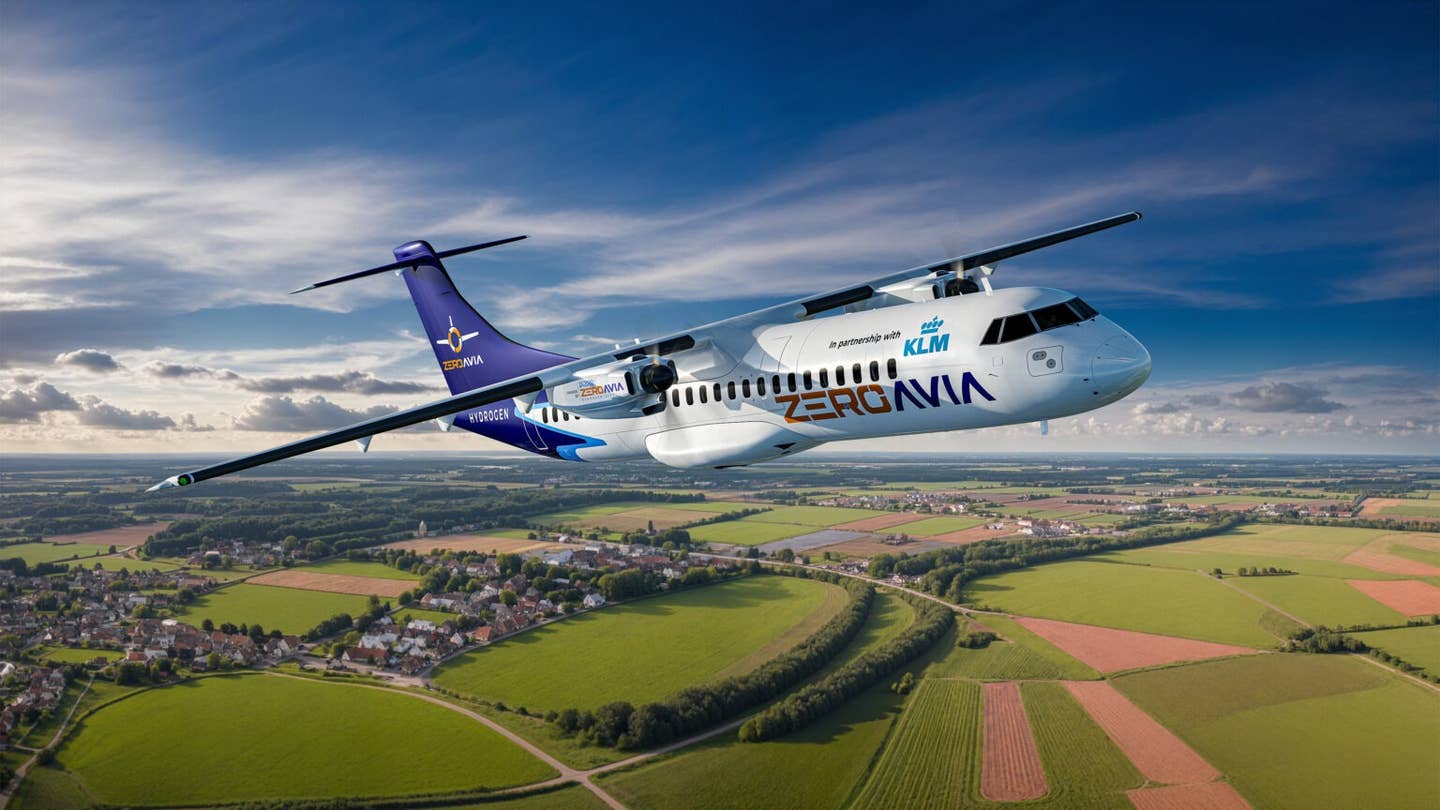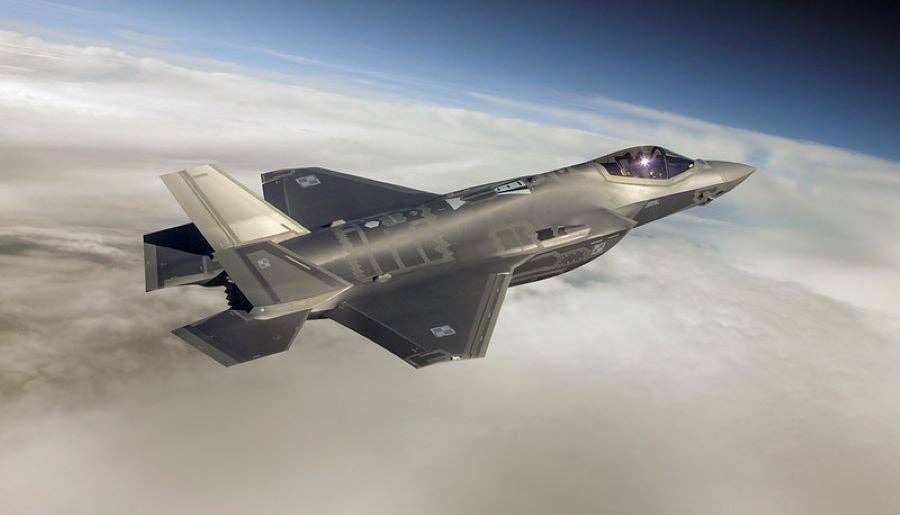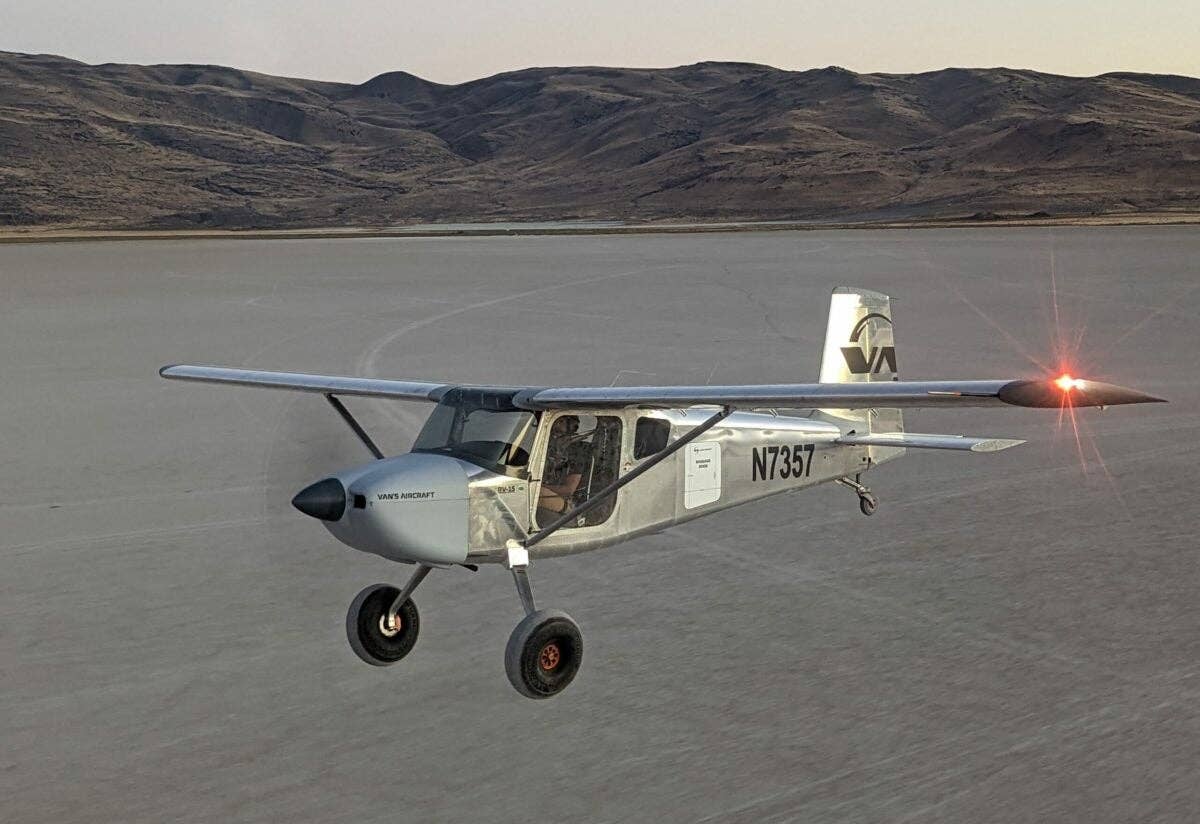
ZeroAvia made its second test flight in the traffic pattern at Hayward, California, in April 2019. ZeroAvia
What fuels a start-up company? Money, of course—more important than actual fuel, even for one specializing in finding an alternative way to power aircraft. ZeroAvia aims to develop a commuter aircraft that will be powered by hydrogen. Now it has announced a significant source of fuel for the enterprise as it continues flight testing.
ZeroAvia founder Val Miftakhov announced on September 17 that the company had secured a grant from the UK government to enable its plan to bring zero-emission commercial aviation into reality. The grant, totaling £2.7 million (about $3.3 million) supports the decarbonization of aviation, specifically the move towards zero emissions.
ZeroAvia has focused its effort on creating a hydrogen fuel-cell powertrain, known as the HyFlyer project—and this fits right in with the mission of the UK Aerospace Research and Technology program of which the grant forms a part. The program works under the auspices of the Aerospace Technology Institute (which brings together industry, government, and the aerospace system in the UK), the Department for Business, Energy & Industrial Strategy, and Innovate UK.
The financial resources behind ZeroAvia, the Project HyFlyer group, will match the grant, making the total funding brought to the HyFlyer program in excess of £5 million, or $6.6 million in current exchange rates. To further the program, ZeroAvia will launch operations in Cranfield, England, where key aerospace partners already reside. It plans a testing program that will culminate in a 250-300 nm flight based in the UK on its test bed, a modified Piper Matrix. The 6-seat airplane provides a proof-of-concept platform that the company intends to grow into the 15-20 seat platform aimed at the regional airline market (up to 500 nm). ZeroAvia expects to deliver the aircraft to market in 2022.

Subscribe to Our Newsletter
Get the latest FLYING stories delivered directly to your inbox

